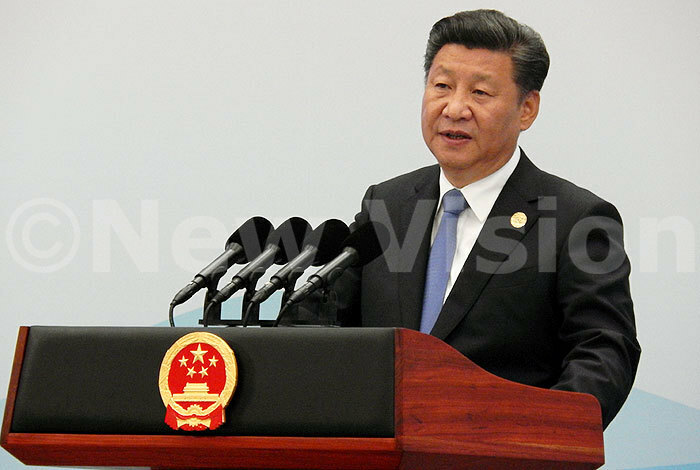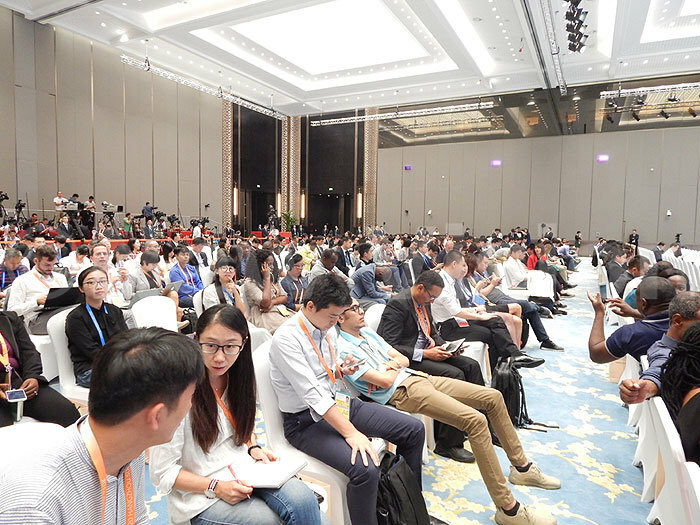G20 to support Africa's industrialization
China, Africa’s largest trading partner, has undertaken steps to support the continent’s industrialisation drive.
World leaders at this year's G20 Summit in China have backed a new plan to support Africa's industrialization, Chinese President Xi Jinping told journalists on Monday.
Speaking shortly after the closure of the summit, Xi did not elaborate the details of the plan but said the Hangzhou summit had crafted a raft of action plans to help developing nations.
"For the first time, we have devised a groundbreaking Action Plan on the 2030 Agenda for Sustainable Development," the Chinese leader stated after hosting 70 meetings over two days.
The annual G20 Summit brings together the world's top 20 economies to discuss economic cooperation, development and the top pressing issues affecting the global economy.
China, a first time host of the summit, is the world's second largest economy but it is still rated a developing country with at least 50 million of her own citizens living below the poverty line.

Chinese President Xi Jinping addressing journalists at the closure of the G20 summit in Hangzhou City, Zhejiang Province. (Credit: Taddeo Bwambale)
Helping Africa
Xi Jinping had earlier vowed that China would use its position as chair of the G20 summit to speak out for Africa and developing countries on their underrepresentation in global affairs.
China is Africa's largest trading partner and has undertaken steps to support the continent's industrialisation drive through expanding investments and financing large infrastructure projects.
In July, China signed over 250 bilateral agreements with at least 53 African countries committing to invest over $50b in development projects in Africa over the next three years.
During the G20 summit, Xi maintained that international organizations such as the IMF and the World Bank need to increase voting shares for emerging markets and developing countries.
Perhaps one of the significant outcomes from the G20 summit was when China and the US ratified the Paris Agreement on Climate Change on Saturday, paving way for its implementation.

Reporters attend the briefing. (Credit: Taddeo Bwambale)
Xi insisted that it was necessary for G20 members to transform the organization from a crisis response mechanism to a long-term governance mechanism.
He also stressed that the current policy tools, fiscal, monetary and structural systems were no longer effective in addressing the current global economic shocks.
"We believe that addressing the risks and challenges to today's world economy requires multi-pronged solution to tackle both the symptoms and the root causes," he said.
Global economic growth has been shrinking and planned forecasts by the IMF predict a 3.1% GDP growth in 2016, a year after China's own growth fell from double digits in 20 years to below 7%.
On corruption, the G20 leaders had consensus on strengthening cooperation and ensuring that the corrupt are denied safe haven in any of the G20 countries and across the world.